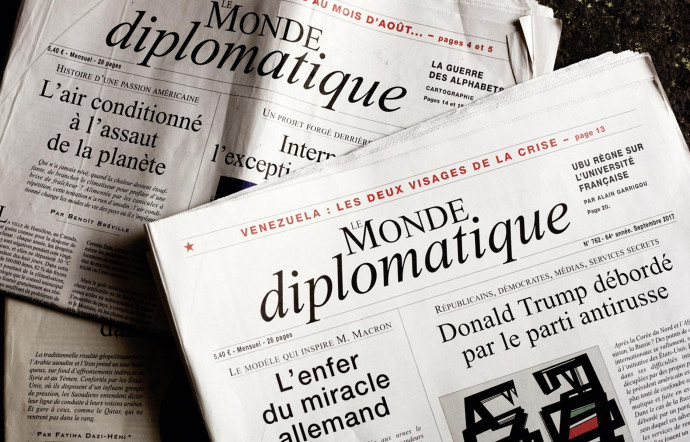An analytical report published by the English-language “Le Monde Diplomatique” has accused the European Union of contributing to the creation and strengthening of what it described as an “extortion economy” in Libya. It explained that Brussels’ approach has not actually reduced migrant crossings but has instead turned them into “pawns” who end up in financially exploited detention centers, amid interceptions carried out by the Libyan Coast Guard with European funding and equipment.
Financial Extortion Inside Detention Centers
The report indicated that migrants are placed in centers where they are extorted for thousands of euros in exchange for their release. They are given access to phones to arrange money transfers from their families, while the operators of some centers seek funding and equipment from the European Union. The analysis asserts that this process has created a parallel market from which local officials and intermediaries profit.
Securitization of Borders Outside Europe and Funding for Libya
According to “Le Monde Diplomatique,” the European Union has focused on border control outside Europe by funding transit countries—including Libya—to prevent flows toward the Mediterranean. The report views the “success” of this policy as questionable, as migrants move between more and less closed routes (Turkey–Balkans–Libya–Tunisia), which pushes Brussels to relentlessly continue its approach in North Africa.
Strengthening Armed Groups and Undermining the State
The report argues that Italy, by lifting prosecutions and sanctions against specific armed groups, has granted legitimacy to local forces to operate as “security forces” with salaries and access to budgets, which has encouraged them to commercially exploit the migration issue. The analysis accuses these groups of embezzling allocations for food and hygiene in detention centers, benefiting from European-funded UN aid, and even forcing detainees into labor in exchange for their release. With the accumulation of money and foreign connections, the leaders of these groups have infiltrated state institutions and public revenue networks.
Deportation Plan Proposed by Dbeibeh and Trabelsi is “Unrealistic”
The report described a plan proposed by Tripoli’s Prime Minister Abdul Hamid Dbeibeh and his Interior Minister Imad Trabelsi during a visit by European ministers last July to intensify mass deportations as “unrealistic.” It pointed to the cost of deportation and the lack of effective control outside the capital, Tripoli, suggesting that the goal is political, related to gaining European support for the government’s survival.
Warning Against Naturalizing Foreigners and Its Repercussions on Oil Revenues
The analysis warned that attempts to naturalize foreigners in Libya would weaken citizens’ share of oil revenues through salaries and subsidies, thereby opening the door to broader economic and social tensions in light of the fragile situation.
Report’s Conclusion
The report concludes that the European Union’s policies have not ended the phenomenon but have rather reshaped it into an extortion economy where local interests intersect with European funding. Meanwhile, solutions like “mass deportation” and naturalization attempts remain unrealistic and dangerous to social peace and the economy.
